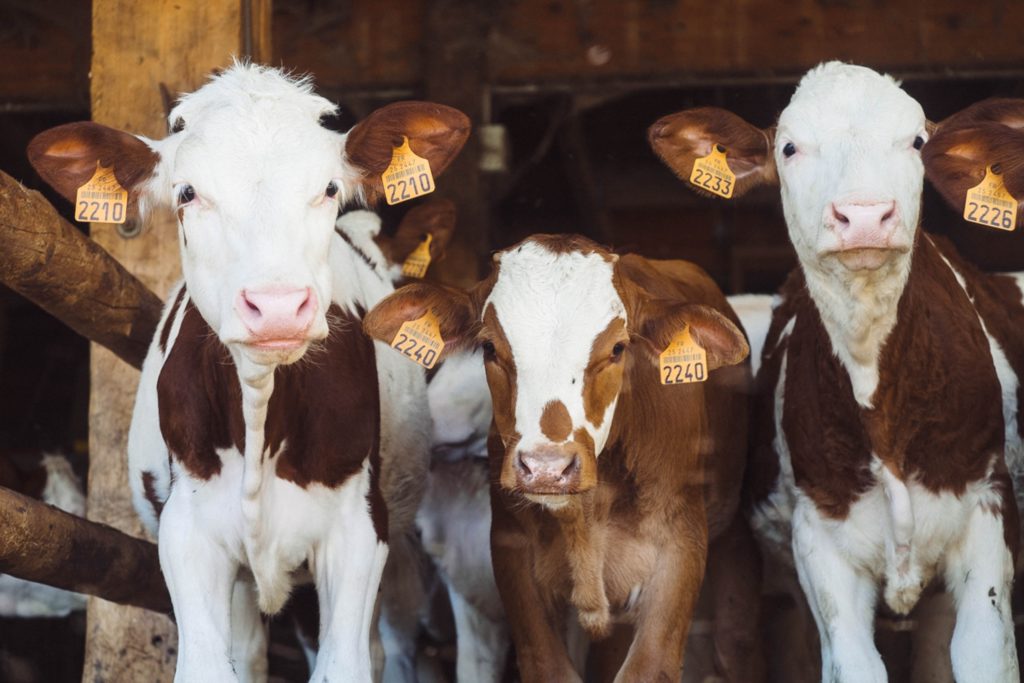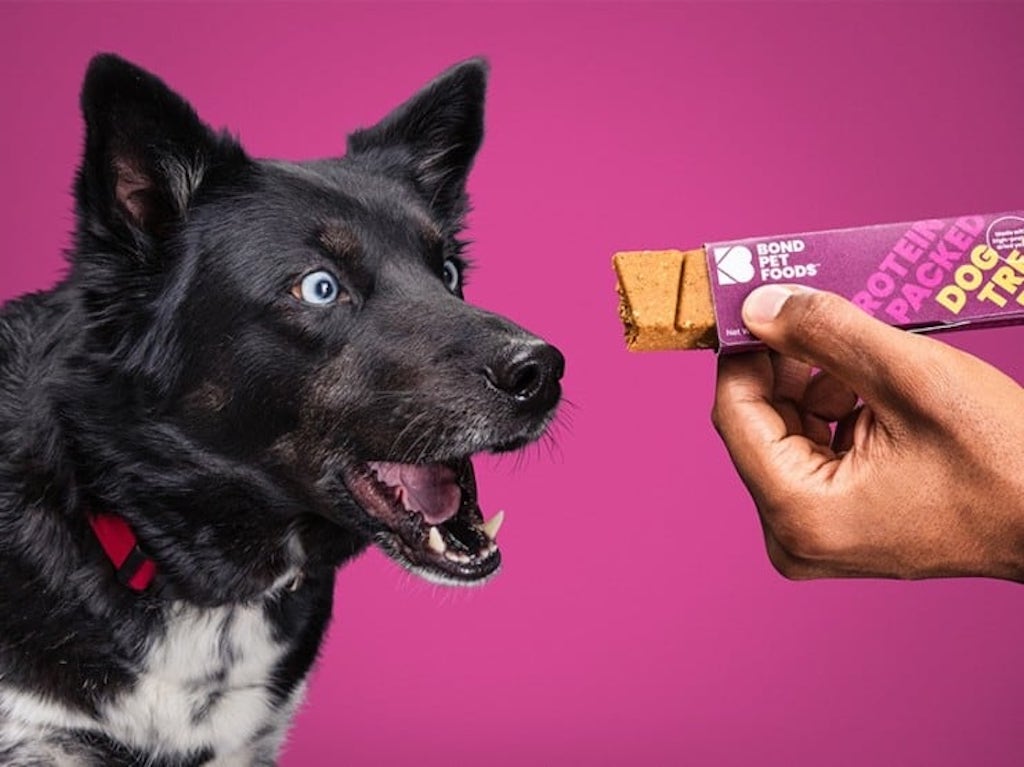5 Mins Read
Singer and songwriter Sia took to Fortune this week to share her thoughts on the food system, and why as a vegetarian, she’s excited about the future of the meat industry.
“I’ve always loved animals, ever since I can remember,” Sia, whose full name is Sia Kate Isobelle Furler, wrote in the op-ed on Fortune. “As a singer I’ve traveled the world a thousand times over, and I can honestly say that animals are some of the nicest people I’ve met.”
The longtime vegetarian explained that she’s bonded with animals in unique and memorable ways thoughout her lifetime, and that her goal, if she succeeded with her art, was always to be able to help protect animals,
“I’ve hugged old-souled pigs with eyes that tell the story of time, I’ve sang to camels who seem to truly understand my greatest fears, and I consider every dog I’ve ever had to be my very best friend. They’ve been my safety blanket, my light in the storm, and have saved my life more times than I can count.”
Like many people, Sia says she went vegetarian because of her pets.
“Knowing that cows and chickens could feel and care and empathize, just like my pups, drew me to want to do more to support them. I’m a fairly private person, but I began unapologetically donating my time and resources to organizations including Best Friends and the ASPCA, as well as co-narrating the documentary Dominion to shed light on the ills of animal agriculture—all to make good on the promise to my younger self.”
All of that is the build-up to her views on meat and humanity’s unquestionable “love affair” with it.
Our Meat Problem
“It’s part of our history, rituals, and traditions and an ever-present part of global food culture. Yet its production comes at great cost,” she wrote. “More than 25 million farm animals are slaughtered every day in the U.S.—200 million a day worldwide—to make the meat and meat by-products we routinely eat. Nearly one-third of the world’s fresh water is in service of this production, as well as more than half of the planet’s arable land for grazing and feed. Seventy percent of all U.S. antibiotics are administered to livestock and poultry in increasingly concentrated farm operations, fueling the rise of antibiotic resistance. Meat production also contributes more to climate change than the industry we often point to when it comes to greenhouse gas emissions, transportation.”

She says the demand for meat—which is expected to increase by more than 14 percent before the end of the decade, poses real and dangerous problems for our planet and our own health. It, too, is a burden for the animal lover. Sia calls the statistics “mind-numbing.”
But she sees room to be hopeful.
“Today, when a cow is slaughtered to make a steak or ground beef, we essentially use the animal as a machine to turn the plants they ate into meat as we know it. Principally, these new upstarts are asking the question: Could we replace the cow with something else, to more efficiently and responsibly make the same satiating, nature-identical product?”
The Australian singer calls out the nascent cultivated meat category and its potential to rewrite our definition of meat.
New Protein Technologies
“Companies out of the Bay Area, Upside Foods and Good Meat, are doing just that. They’re taking cells harmlessly sampled from cows and hens, for example, and then feeding these cells in a stir-tank “cultivator” that supplies the same nutrients, vitamins, and minerals that an animal would need on farm and field, to produce a delicious chicken breast or flank steak. BlueNalu is taking a similar approach to tuna, and Higher Steaks, your morning bacon.”
Sia says she’s invested in Boulder’s Bond Pet Foods, a company “near and dear” to her heart. In 2020, it became the first pet food company to develop cultured chicken meat protein for cats and dogs.
“Employing similar processes that are used in craft brewing, Bond is fermenting meat protein in yeast—again, without the need to kill an animal—to provide complete, foundational nutrition for our dogs and cats,” Sia wrote. “The importance of this cannot be understated; if America’s dogs and cats were their own country, their consumption of meat products alone would rank fifth in the world.”

Sia joins an A-list roster of celebrity investors in the alternative protein sector. Robert Downey Jr., Natalie Portman, Leonardo DiCaprio, Jay-Z, Serena Williams, and Katy Perry are just some of the celebrities that have invested in alternative proteins. That list is expected to keep growing as the sector innovates on tech, improves flavor, and consumers open to options.
The shift is critical, according to Impossible Foods founder Pat Brown. He recently co-authored research pointing to the necessity of a shift away from animal products to reduce carbon emissions.
Sia notes that while vegetarians and vegans might not consume some of these protein products, there’s an audience that is ripe for the tech; these cultured and cultivated meats, or those made via novel fermentation hold the potential to satisfy even the most committed meat-eater—even fooling them. And if these techniques can satisfy the nutritional needs of pets without the ethical or environmental implications of traditional animal products, Sia says we should embrace it with open arms.
“Imagine, real meat without slaughter. Without antibiotics. Without hormones. Without bulldozing rain forests. Without consuming all our precious land, water, and energy to make the staples that have served as the mainstay of our diets for generations,” she writes.
“All of this is within reach,” Sia says. “And it’s why, even as a staunch animal lover, environmental advocate, and vegetarian, I believe meat is the future.”
Sia image courtesy



